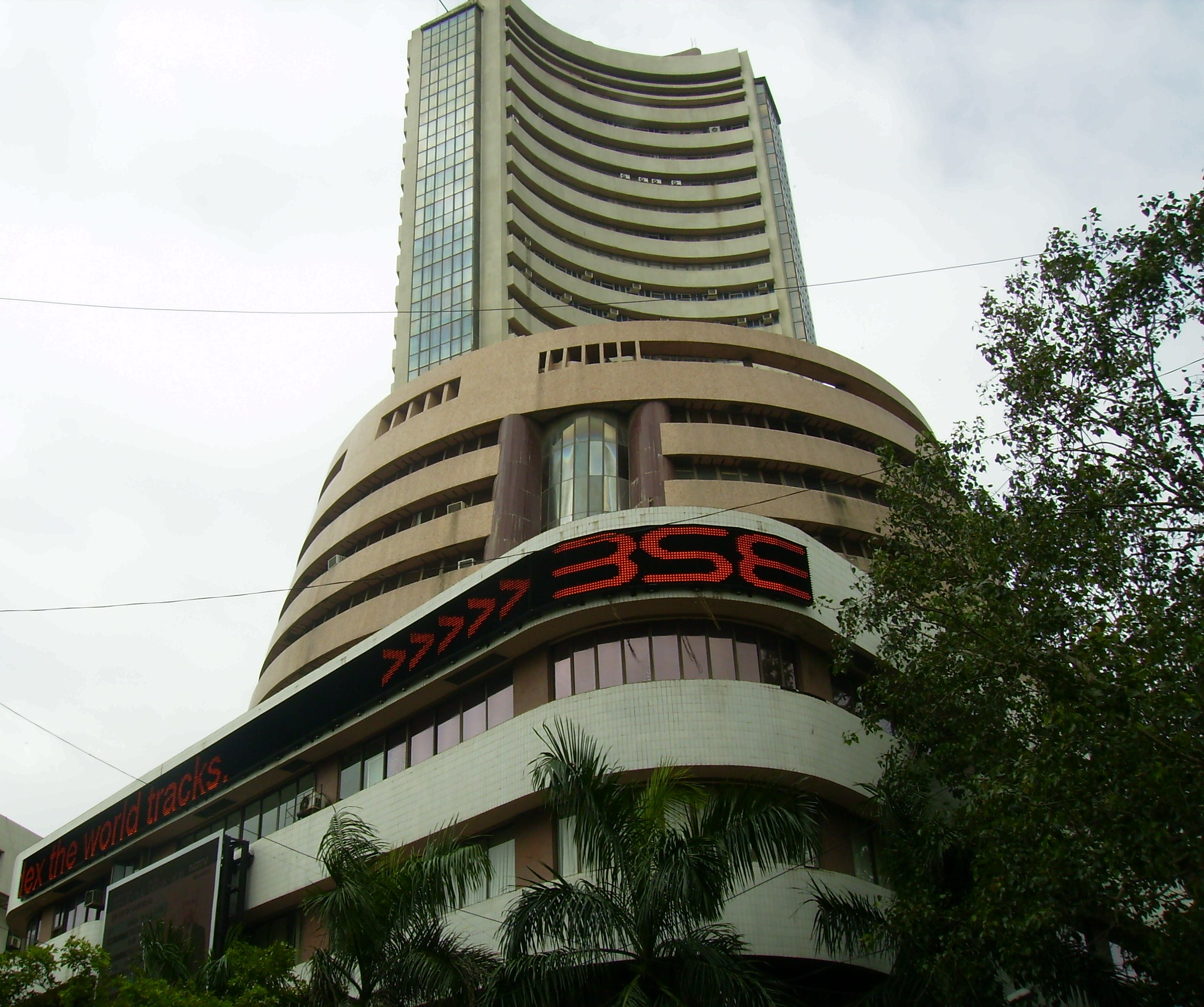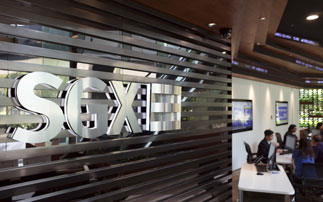Singapore Exchange is the flagship Indian equity derivatives product outside India that accounts for nearly 12 per cent of its total trading volume in derivatives
Last week’s decision by India’s three main bourses, National Stock Exchange (NSE), Bombay Stock Exchange (BSE) and Metropolitan Stock Exchange of India (MSEI), to stop licensing products and data to foreign exchanges caused shares in Singapore Exchange Ltd (SGX) to plummet eight per cent in early trade today on concerns its earnings will be hurt.
Analysts and experts said the move would especially affect SGX’s Nifty 50 index futures, which is the Singapore Exchange’s flagship Indian equity derivatives product. SGX shares tumbled to their lowest since January 2017 and suffered their biggest percentage drop in more than nine years.
The action followed India’s annual budget earlier this month, which unveiled plans to reintroduce long-term capital gains tax on equity investments – a move that some analysts predicted would hasten the migration of trading to foreign markets. The decision has been made to ensure liquidity stays in the country and not shift to trading hotspots such as SGX, said officials from the NSE.
However, the SGX reiterated and reassured international traders of its continuing Indian product trade.
“SGX wishes to assure market participants that we will take all measures to maintain orderly trading and clearing of SGX India equity derivatives for our global clients,” the Singapore bourse said in a statement.
The Indian Exchanges announcement comes in a highly volatile market environment, which will make MSCI investors even more sensitive to changes like this, according to trading officials. Most of the international interest in India, and inflows, comes through the MSCI Emerging Markets Index (MSCI EM) given MSCI India’s 9% weightage within this index, according to market reports.
MSCI EM is the global EM benchmark consisting of 24 countries representing 10% of world market capitalisation. It has USD1.6 trillion in assets benchmarked to it. MSCI India has 79 Indian stocks; the top 10 names include HDFC, Reliance, Infosys, TCS, Axis Bank, Maruti Suzuki, ITC, Hindustan Unilever, ICICI Bank and L&T.
MSCI India is the most popular India index amongst institutional investors outside of India. “If investors can’t hedge their EM exposure then this impacts the status of India within the MSCI EM Index,” said the officials.
The Singapore Exchange said it will develop a new portfolio of India products for investors who trade in Nifty derivatives after its Indian peers decided to terminate pacts with foreign bourses to prevent volumes from moving offshore.
SGX added that its licence agreement with NSE “will ensure the continuity of listing and trading” of its Nifty derivatives until at least August this year. However, FIA, the futures industry’s main trade association, said the decision “raises serious concerns”. “It appears likely to disrupt trading on numerous exchanges around the world and alarm international investors.”




